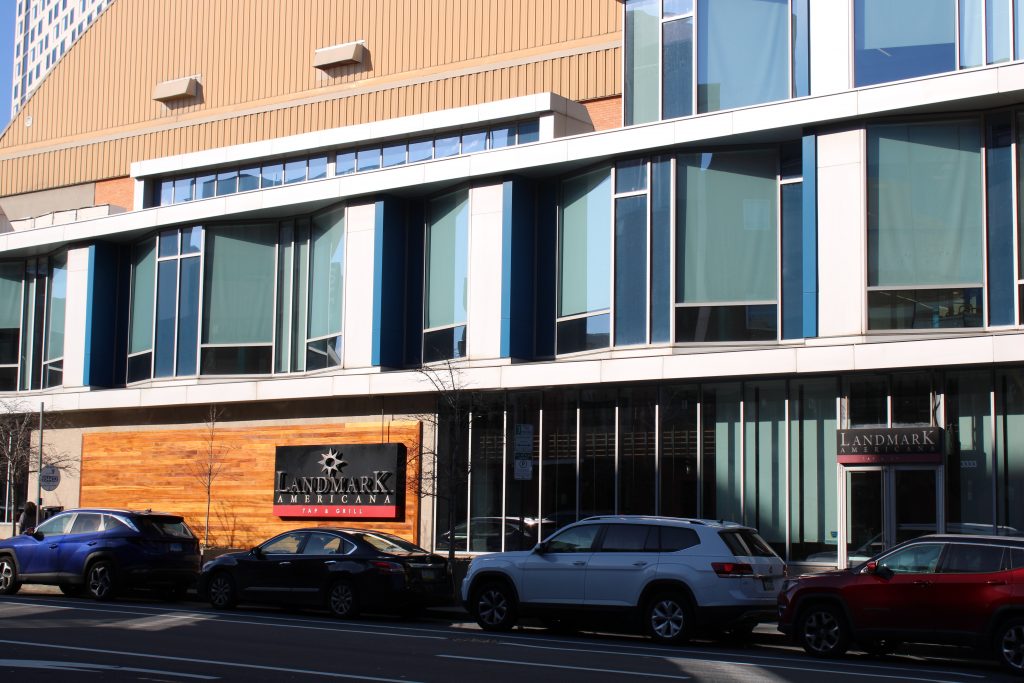
To tip or not to tip, that is the question. Well, at least the first question. The second question is how much do we tip? Is 10% too low? Is 20% a good amount? What services should we be tipping for? Why are we tipping some workers and not others? Personally, I always leave a fat tip for my barber; but I do so because I want to not because I am expected to, and that is the issue. Tipping has become an expectation in many sectors where tips have traditionally not been given.
The reason tipping culture has begun to spread may seem innocent enough. “Do-gooder companies” that have enjoyed record profits for years are now giving you the opportunity to show their workers how much you appreciate them. How nice of them…
Wrong!
These companies have realized that new hires can be convinced to work for lower wages after being told, “We can give you minimum wage plus tips.” During a period of record inflation and stagnant wage growth this expanding practice of tipping for every interaction is now an opportunity for companies to squeeze extra money out of people who are already struggling. Imperfect Foods, a growing grocery delivery company, recently announced that they would be adding an automatic $4 tip to all transactions made through their website for delivery drivers. While this feature can be turned off, the fact it is being added at all is ridiculous.
According to the research firm Contrary Research, “Imperfect Foods has raised $229.1 million in total funding as of August 2023.” Imperfect Foods, and other companies, need to stop tricking us into paying their workers’ salaries for them by introducing tipping into every service that used to pay the worker a living wage. The public relations angle they take is that tips are an opportunity to show appreciation for workers. Except for the fact that we have shown appreciation for those same workers for decades without the need to tip. Why is it now our duty as customers to pay extra for everything so greedy business owners don’t have to pay their staff a livable wage?
Tipping has a very troubling past. It was started in Europe as a way for wealthy aristocrats to show how much money they had through gifts of extra money for workers providing them with services. This practice was brought to America in the 1800s, and disproportionately impacted freed slaves who were given the lowest wages possible with the promise of tips being used to supplement income. This offloaded the costs of labor from the business and its owners onto the customers. Companies have loved using tips as a way to cut costs and increase profits ever since. This practice can be especially harmful to college students, many of whom rely on part-time tipped jobs to pay for rent and other living expenses.
When staff rely on tips it places them in the precarious situation of inconsistent income. Some workers will get more tips because they work in the morning rather than at night. Tips may be infrequent during the winter and more common in the summer. Oftentimes a person’s work ethic does not actually impact how much a customer will tip them; meaning the idea of hard work for more money usually is not true. All these variables make it difficult for families to accurately budget how much money they are truly making.
Tipping has gotten out of control and frankly it has been for a long time. While there is nothing wrong with showing a kind staff member a little appreciation, the reality is that tipped workers are getting screwed over by the companies they work for. The companies that lie by claiming the implementation of tips is a way for customers to show staff some appreciation are actually doing it so they do not have to increase worker pay.
To the workers of these companies — I encourage you to seek out better opportunities for yourself where you are appreciated with a consistent wage, sick time and PTO. To the people that feel guilted into tipping every iPad swinging barista — you do whatever you feel is right and do not feel ashamed about it. To the companies that say they are doing a favor to their low wage workers by giving customers the chance to pick up their slack through tips – you are not fooling us!


